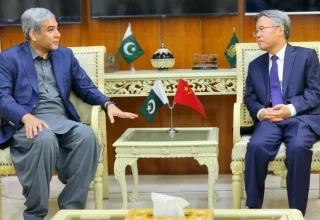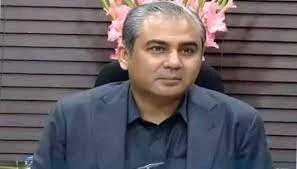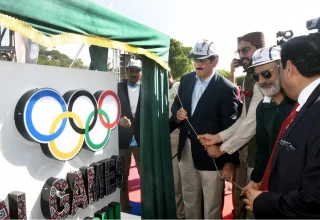
Senior PML-N leader and former federal minister Khawaja Saad Rafique has termed the recent resignations of judges a matter of deep concern for anyone who believes in the supremacy of the Constitution, justice, rule of law, and democracy in Pakistan.
In a detailed statement posted on social media platform X, Saad Rafique noted that Justice Athar Minallah and Justice Mansoor Ali Shah had already stepped down from the Supreme Court, and now Lahore High Court’s Justice Shams Mehmood Mirza has joined the list by tendering his resignation.
He wrote that Justice Athar Minallah was a frontline companion during the lawyers’ movement and that although they never met after he became a judge, he considered him among the judiciary’s most honest and upright figures.
Saad Rafique added that he observed Justice Mansoor Ali Shah’s exceptional work from a distance during his tenure as Lahore High Court chief justice, praising him for performing his duties without yielding to pressure. Justice Shams Mehmood Mirza, he said, also enjoyed a strong reputation within the Lahore High Court.
Saad Rafique stated that despite disagreements with some of their judicial decisions, he always acknowledged the competence and fairness of these judges. Commenting on allegations regarding Justice Shams Mehmood Mirza’s family ties with lawyer Salman Akram Raja, he called such accusations childish, saying that the relationship never interfered with the judge’s work.
He added that while a few Supreme Court judges had resigned in the past as well, the latest resignations should not be equated with earlier ones. He argued that the presence of these judges was vital for maintaining judicial balance.
Expressing personal regret, the former federal minister said the resignations were troubling when viewed objectively, even though some might interpret them positively through the lens of political factionalism. According to him, the trend suggests that the wave of resignations may not stop at the judiciary and could eventually reach Parliament.
He warned that not every opponent can be arrested or declared a traitor, stressing that responsible states opt for de-escalation rather than confrontation. With Pakistan already surrounded by external challenges, he questioned how long the country could endure sustained internal strife.
Saad Rafique concluded that celebrating these resignations was unwise and that the real need was to address the emerging fault lines instead of deepening crises.



































